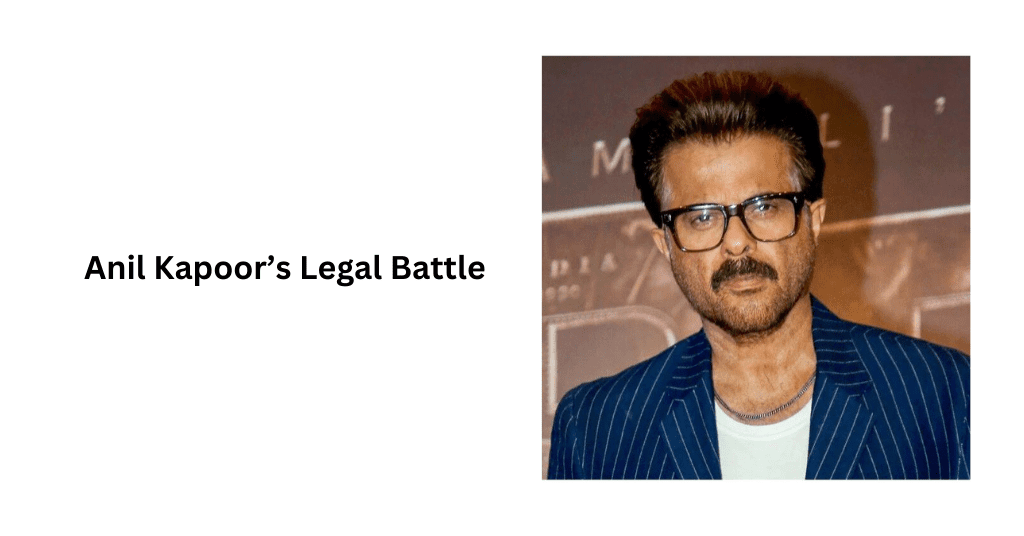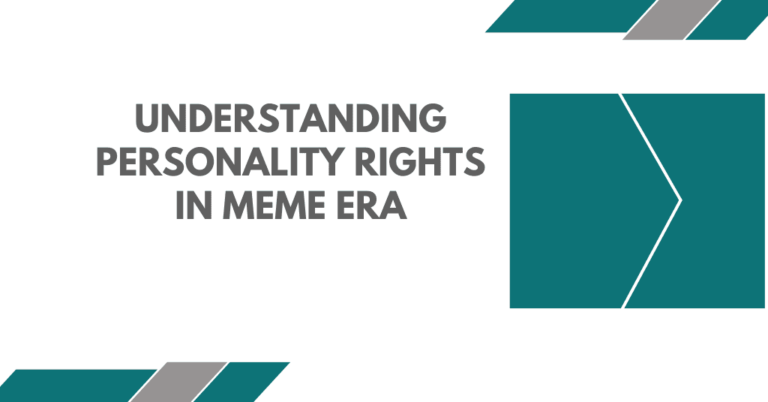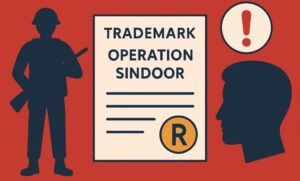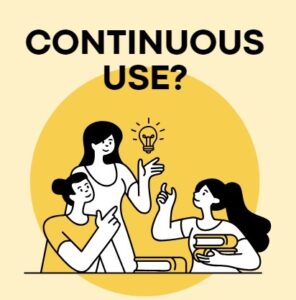Table of Contents
ToggleWhat do personality rights entail?
Before we delve into the recent legal disputes, let’s first grasp the concept of personality rights. In basic terms, personality rights (also referred to as publicity rights) refer to the rights that an individual has to manage the commercial use of their name, image, likeness, or other distinctive aspects of their identity. These rights hold great significance for celebrities, as their public image often holds substantial commercial worth.
The Growing Importance of Personality Rights in India: Striking a Balance Between Safeguarding Celebrities and Preserving Freedom of Expression
India has witnessed a notable increase in legal cases concerning the rights of individuals, especially those in the public eye such as celebrities and media personalities. These cases have ignited discussions about finding a balance between an individual’s personal rights and the essential right to freedom of expression. Let’s delve into three recent cases that have significantly influenced India’s perspective on personality rights.
The Jackie Shroff Saga
In May 2024, Bollywood actor Jackie Shroff took legal action to safeguard his identity, voice, images, and his well-known catchphrase “Bhidu” (a popular slang term for friend in Mumbai) against any unauthorised usage. The decision made by the Delhi High Court was intriguing as it took into account not only Shroff’s rights, but also other relevant factors.
The court declined to remove a YouTuber’s parody video that cleverly utilised Shroff’s persona. The judge acknowledged the artistic nature of these videos and their potential as a source of income for young creators. This decision demonstrated a growing recognition among courts of the significance of online content creation and meme culture, particularly among younger individuals.
Anil Kapoor’s Case:

In a previous incident, Anil Kapoor, another renowned actor, found himself in a legal battle for comparable motives. In this instance, the court examined personality rights from a unique perspective – as a means of safeguarding a celebrity’s livelihood.
The court emphasised the potential impact on a celebrity’s income from endorsements and other business deals when their image or voice is used without permission. They likened it to piracy, implying that exploiting a celebrity’s persona could be akin to robbing them of their earnings.
India TV and Aap Ki Adalat:
In May 2024, a highly debated incident unfolded, centering around Rajat Sharma, a prominent TV journalist, and his show “Aap Ki Adalat” (Your Court). A satirist, Ravindra Kumar Choudhary, has been using the names “Jhandiya TV” (a play on words meaning “Depressing TV”) and “Baap ki Adalat” (Father’s Court) in his content.
The court ruled that Choudhary must cease using these names, as they were found to violate India TV’s trademarks and Sharma’s rights to his own identity. This decision caused concern among individuals who value free speech, as they feared it could potentially hinder the creation of parodies or the ability to comment on public figures.
Why is this relevant to you?
You may be curious about the significance of these celebrity court cases for everyday individuals. Allow me to explain:
1. Impact on Content Creation: These cases have an influence on the type of content that creators are able to produce. If courts become more stringent, it could potentially pose challenges for creating parodies or offering commentary on public figures.
2. Online Content: Numerous young individuals generate income by producing online content. These decisions have a significant impact on the actions and content creators can take in their videos or posts.
3. Public Debate: In a democracy, it’s crucial to have the freedom to engage in discussions and even poke fun at public figures. These cases have a significant impact on the extent to which we are able to exercise our freedom.
What comes after this?
As India grapples with these intricate matters, here are a few suggestions that could contribute to establishing a more equitable system:
1. Improved Guidelines: It is important for courts to establish more precise rules when it comes to striking a balance between protecting personality rights and upholding free speech, particularly in the context of parodies and satire.
2. Caution in Issuing Court Orders: It is important for courts to exercise caution when issuing orders that restrict content, ensuring that both sides of the story are heard.
3. Recognising Varied Uses: It’s important to distinguish between utilising someone’s image for financial gain and using it for the purpose of commentary or critique. It is important for courts to acknowledge and understand this distinction.
4. Public Interest: Courts must consider the potential value of allowing commentary on public






